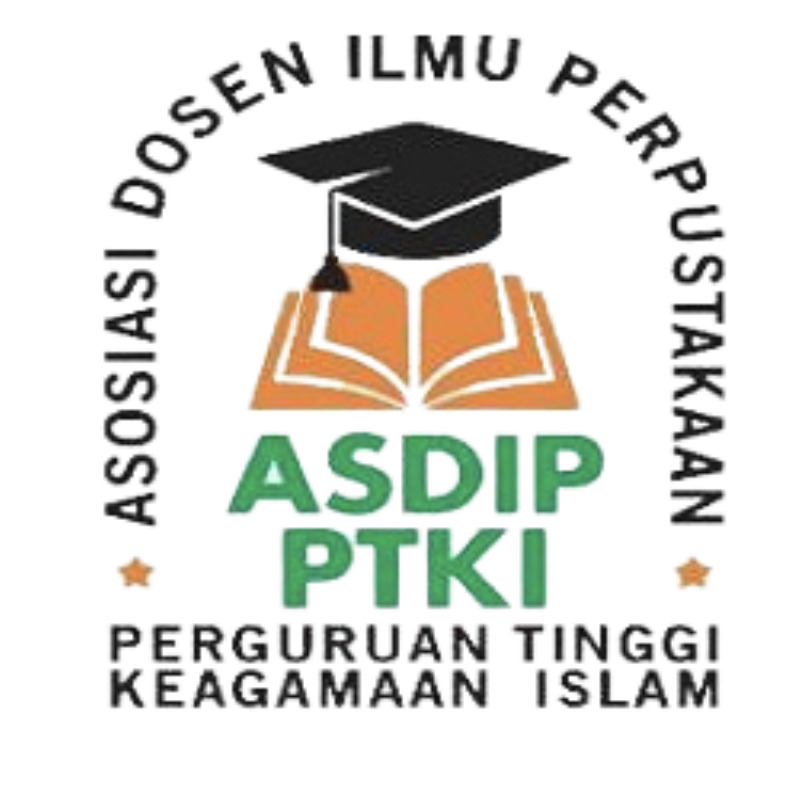Open Educational Resources (OER) dan Penerapannya pada Perpustakaan Institut Agama Islam Negeri Curup
DOI:
https://doi.org/10.29240/tik.v5i1.2772Keywords:
Academic Library, Open Educational Resources, Open AccessAbstract
Downloads
References
PERATURAN KEPALA ARSIP NASIONAL REPUBLIK INDONESIA NOMOR 26 TAHUN 2016 TENTANG PEDOMAN KETERBUKAAN ARSIP STATIS UNTUK PENELITIAN DAN PENGEMBANGAN ILMU PENGETAHUAN SERTA PENYELIDIKAN DAN PENYIDIKAN, 26 (2016).
Aryasatya, A. B., & Katili, A. Y. (2018). Undang-Undang Kearsipan dan Keterbukaan Informasi Publik dalam Menjawab Kebutuhan Informasi Masyarakat. Libraria, 439-460.
Handoyo, E., & Istiarni, A. (2020). Faktor-faktor yang mempengaruhi pelaksanaan kebijakan open access di perpustakaan perguruan tinggi negeri di Jawa Tengah. VISI PUSTAKA, 17-28.
Irawan, D. E. (2017). Penerapan Open Science di Indonesia Agar Riset Lebih Terbuka, Mudah Diakses, dan Meningkatkan Dampak Saintifik. Berkala Ilmu Pepustakaan dan Informasi, 25-36.
Iswanto, R., & Jurianto. (2020). Pengembangan Model Manajemen Open Educational Resources (OER) Perpustakaan Institut Agama Islam Negeri Curup. Jurnal Kajian Informasi & Perpustakaan, 171-188.
McGrealv, R. d. (2013). Open Educational Resources: Innovation, Research and Practice. Vancouver: Commonwealth of Learning and Athabasca University.
Rubow, L. d. (2015). Understanding Open Educational Resources. California: Commonwealth of Learning.
Safitri, D. (2019). Peranan pengelola rekod dan arsip organisasi pada layanan informasi publik : kewajiban organisasi publik menghadirkan PPI. Jurnal Vokasi Indonesia, 48-57.
Suber, P. (2012). Open Access. Cambridge: Press Essential Knowledge.
Downloads
Published
Issue
Section
Citation Check
License
Authors who publish with Tik Ilmeu : Jurnal Ilmu Perpustakaan dan Informasi agree to the following terms:
- Authors retain copyright and grant the journal right of first publication with the work simultaneously licensed under a Creative Commons Attribution-NonCommercial-ShareAlike 4.0 International License (CC BY-NC-SA 4.0) that allows others to share the work with an acknowledgment of the work's authorship and initial publication in this journal.
- Authors are able to enter into separate, additional contractual arrangements for the non-exclusive distribution of the journal's published version of the work (e.g., post it to an institutional repository or publish it in a book), with an acknowledgment of its initial publication in this journal.
- Authors are permitted and encouraged to post their work online (e.g., in institutional repositories or on their website) prior to and during the submission process, as it can lead to productive exchanges, as well as earlier and greater citation of published work (See The Effect of Open Access).







 This work is licensed under a
This work is licensed under a 